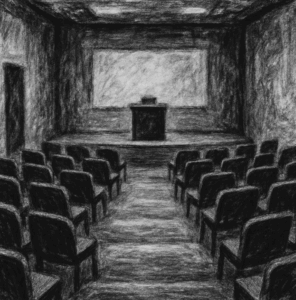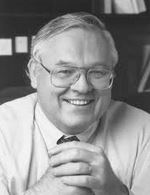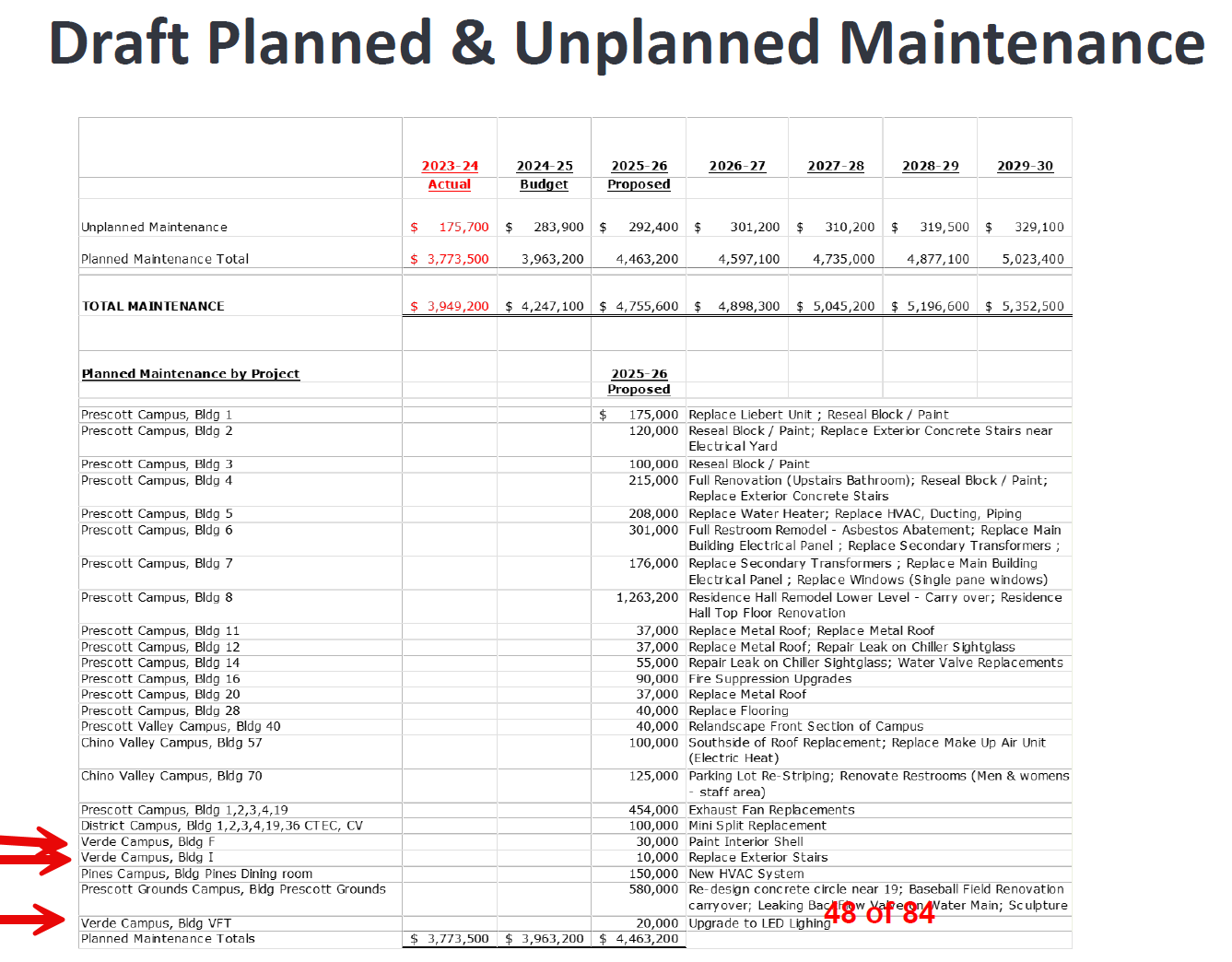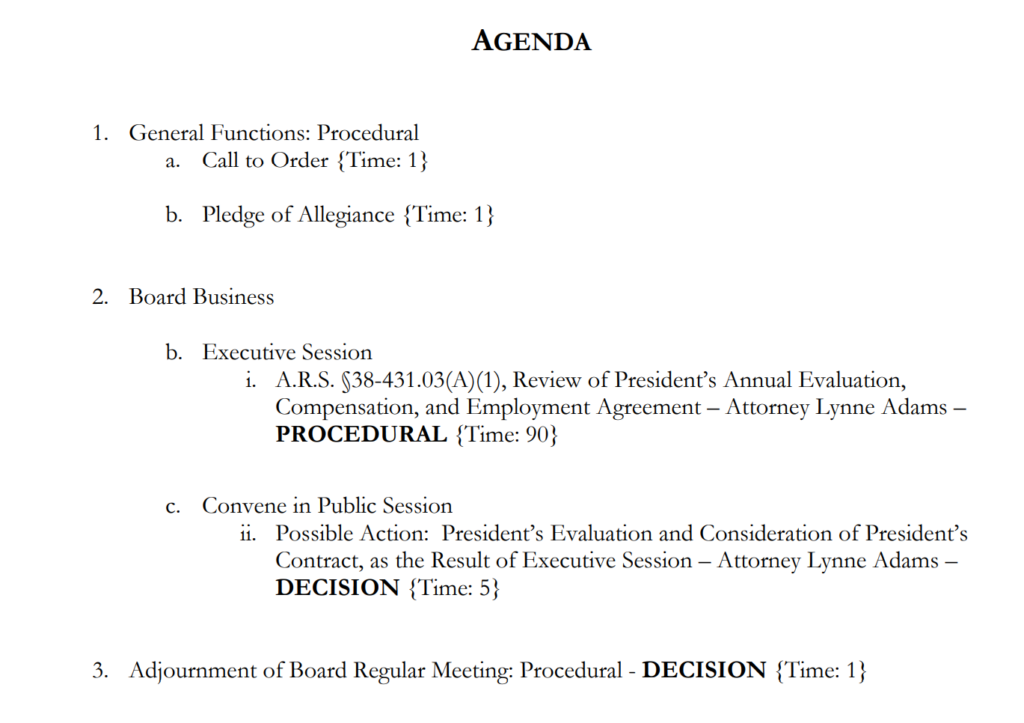While the District Governing Board members comfortably zoomed into their $120 million budget talks from home or elsewhere, residents in a county larger than El Salvador who wanted to comment at the public hearing on the budget were told to trek to the Rock House on the Prescott Campus if they wanted a say
 Opinion: The Yavapai Community College District Governing Board held its Budget Public Hearing on May 27, 2025, via Zoom—with one glaring exception. Any resident wishing to raise a question or praise the budget was required to drive to the Rock House on the Prescott Campus, as Zoom participation was strictly off-limits for public comments.
Opinion: The Yavapai Community College District Governing Board held its Budget Public Hearing on May 27, 2025, via Zoom—with one glaring exception. Any resident wishing to raise a question or praise the budget was required to drive to the Rock House on the Prescott Campus, as Zoom participation was strictly off-limits for public comments.
No residents showed up in person to comment.
The decision to not allow the public to comment via zoom was apparently made by the Board Chair, Deb McCasland well ahead of the meeting. It was made without a Board vote on the process. Seen from the outside, the process gives the impression of outright contempt for the County’s residents.
Board members, or the Chair Deb McCasland, must be blind to the fact Yavapai County covers 8,125 square miles and compares in size with Connecticut, Delaware, Rhode Island and New Jersey. It is about the size of the nation of Israel and larger than El Salvador. It is only slightly smaller than Maricopa, County, Arizona. Maricopa covers 9,224 square miles and is the fourth largest county in the United States.
The County is divided by the Black Hills mountain range that runs west and east with Mingus mountain creating a natural physical barrier between the two sides of the County. There are few roads connecting the concentrated population centers in the west region of the County with the more rural areas in the east. For many, the most direct route in the east region to the west region is a single-lane alternate highway 89-A. It somewhat perilously crawls over Mingus Mountain at 7,815 feet.
Is the Governing Board blind to the struggles of the very people it’s supposed to represent? Yavapai County is home to one of Arizona’s largest elderly populations, alongside many disabled individuals and working residents who can’t take time off to travel to Prescott for a three-minute comment. Zoom participation isn’t just practical—it’s common sense!
The requirement for in-person attendance at the Rock House on the Prescott campus when Zoom is available to comment on the $120 million budget effectively barred residents from participation, if anyone was interested. This restrictive approach—whether a calculated maneuver or an act of negligence—all but assured that the public would not be heard at the so-called “Budget Public Hearing.”




 OPINION: In a perplexing display of opacity, the chairperson of Yavapai Community College’s District Governing Board, Ms. Deb McCasland, has repeatedly insisted that unspecified “safety concerns” prevent the Community College’s District Governing Board from holding in-person public meetings. (For example, in-person public meeting on the Verde Campus once scheduled for this month.) Yet, despite weeks passing since announcing there were “safety concerns,” she refuses to elaborate on what these concerns entail or provide any evidence to substantiate them.
OPINION: In a perplexing display of opacity, the chairperson of Yavapai Community College’s District Governing Board, Ms. Deb McCasland, has repeatedly insisted that unspecified “safety concerns” prevent the Community College’s District Governing Board from holding in-person public meetings. (For example, in-person public meeting on the Verde Campus once scheduled for this month.) Yet, despite weeks passing since announcing there were “safety concerns,” she refuses to elaborate on what these concerns entail or provide any evidence to substantiate them. At the start of the January 28 all-day workshop, Yavapai Community College District Governing Board Chair Deb McCasland announced she was holding an “order” restricting Board members to just two minutes of questioning per presenter. She justified the limit by stating it was necessary “so everyone could participate.” The Board consists of five representatives.
At the start of the January 28 all-day workshop, Yavapai Community College District Governing Board Chair Deb McCasland announced she was holding an “order” restricting Board members to just two minutes of questioning per presenter. She justified the limit by stating it was necessary “so everyone could participate.” The Board consists of five representatives.